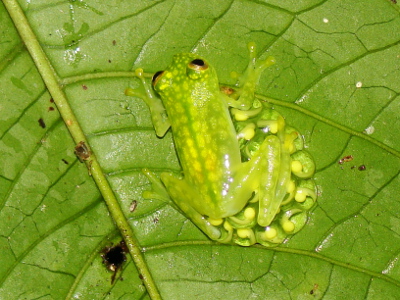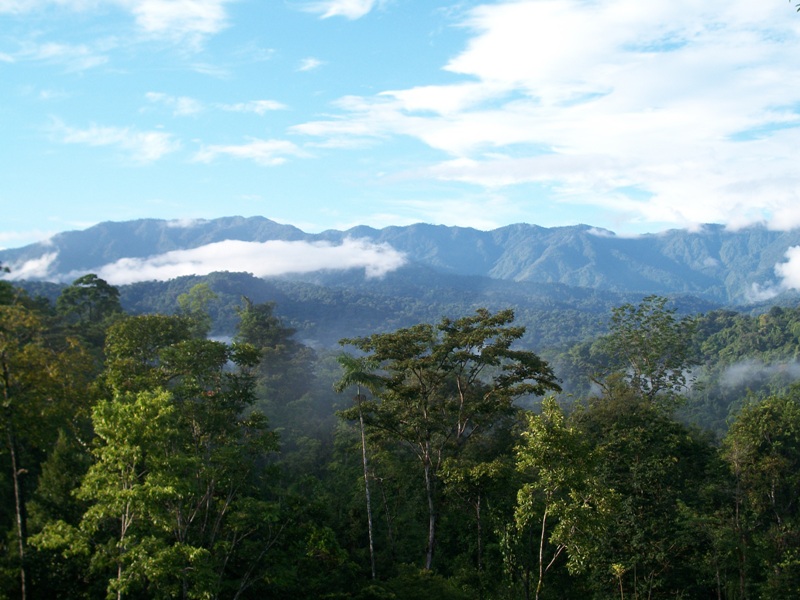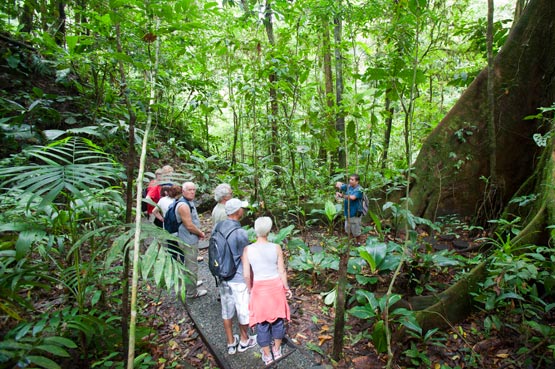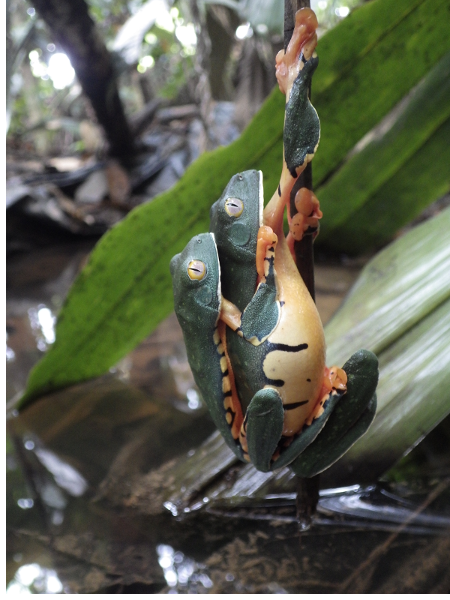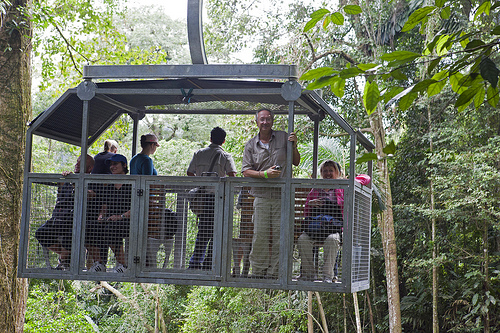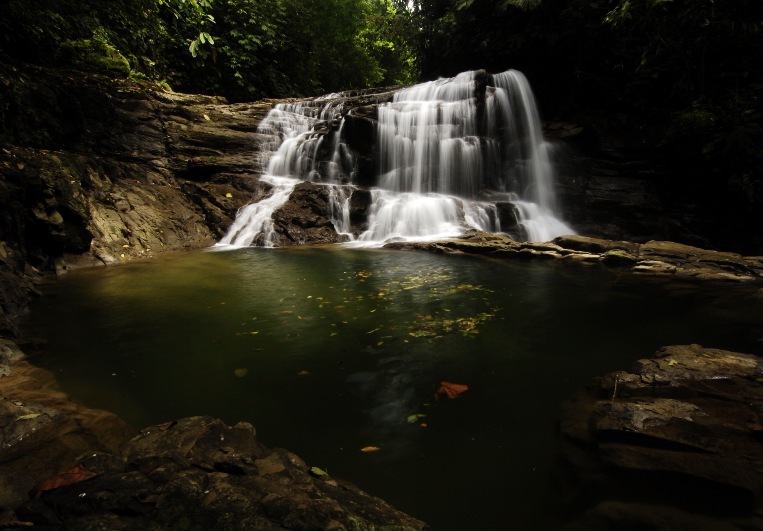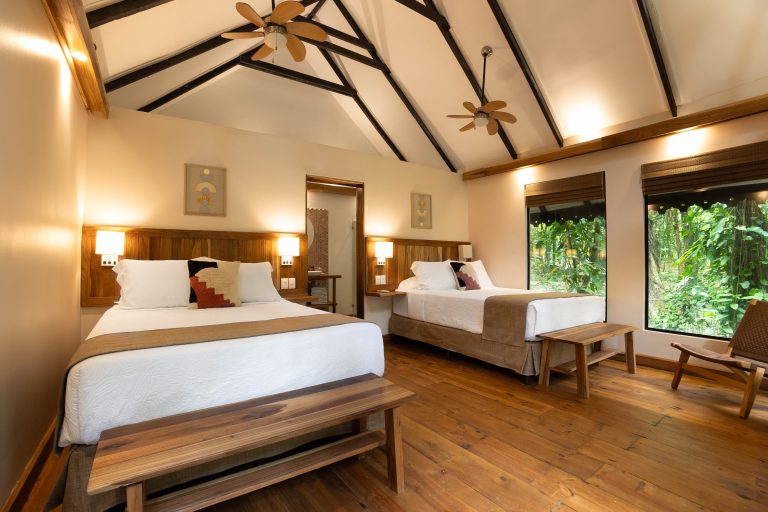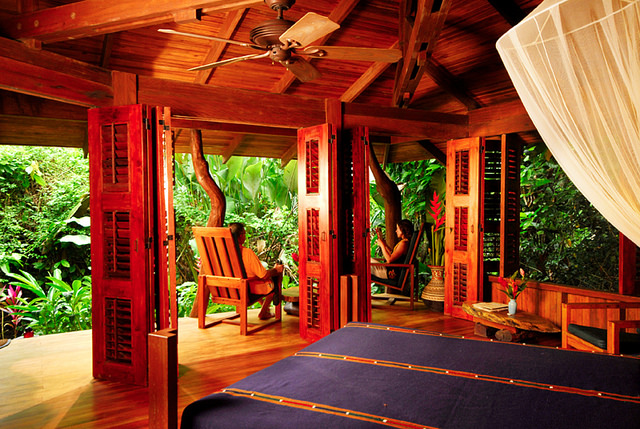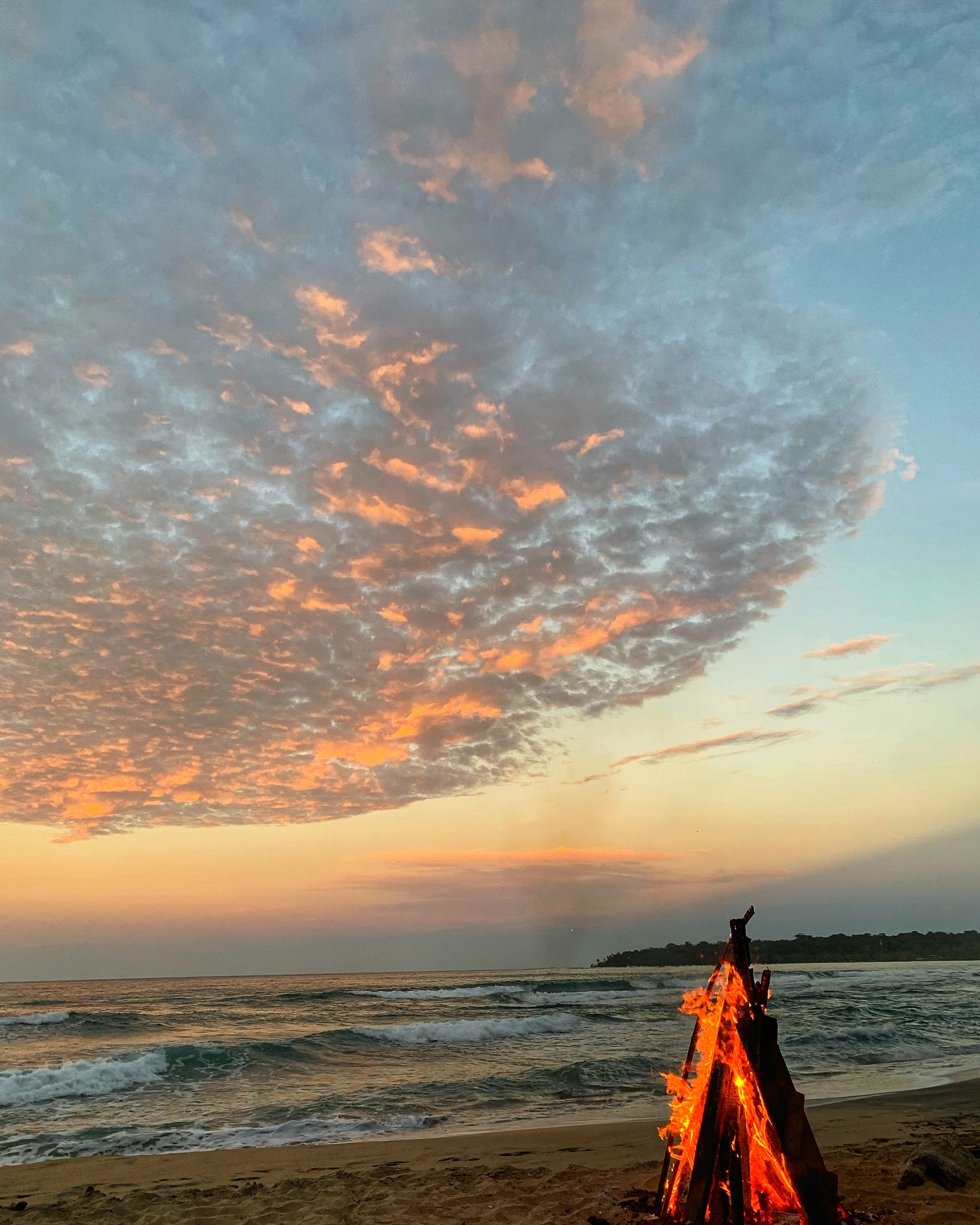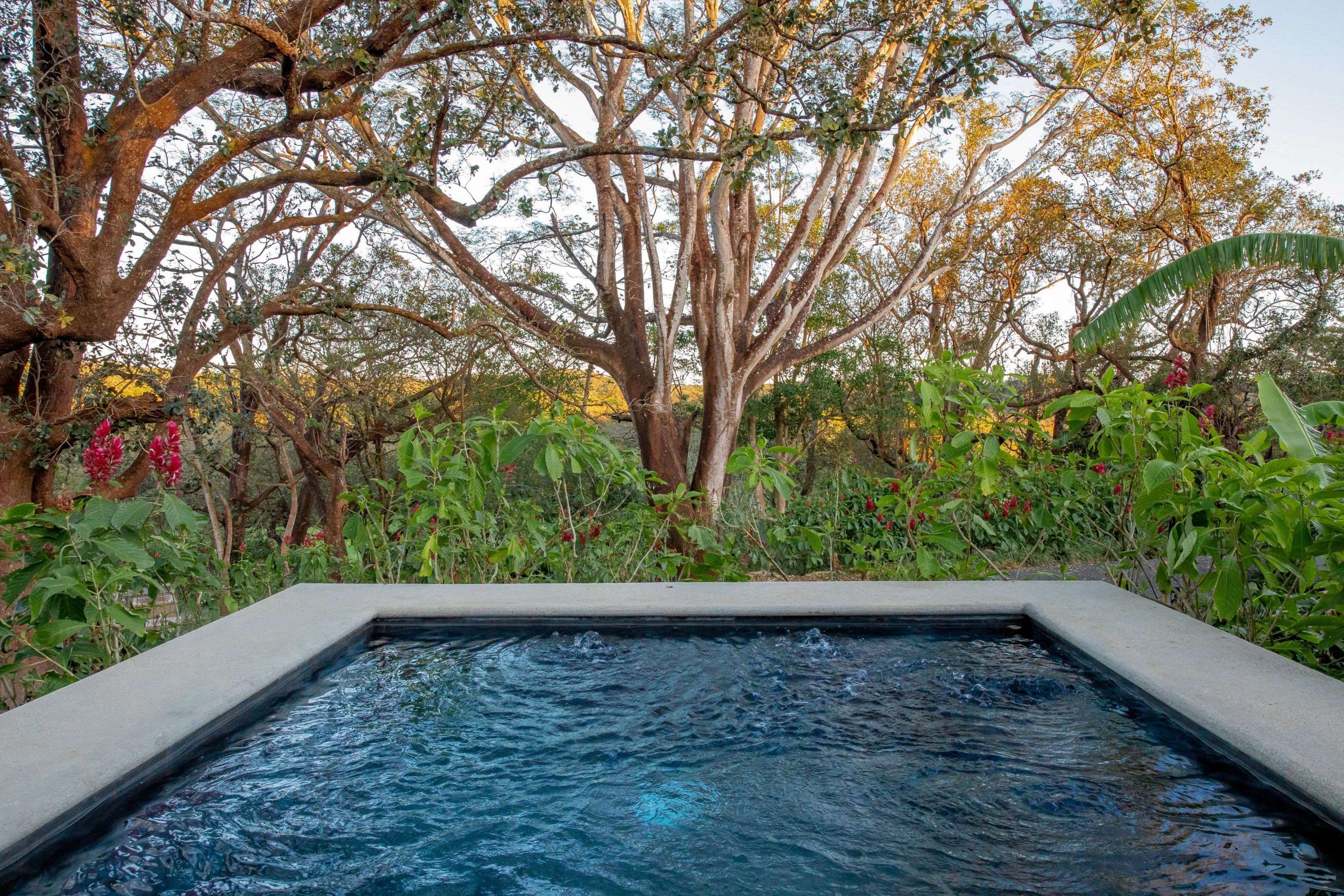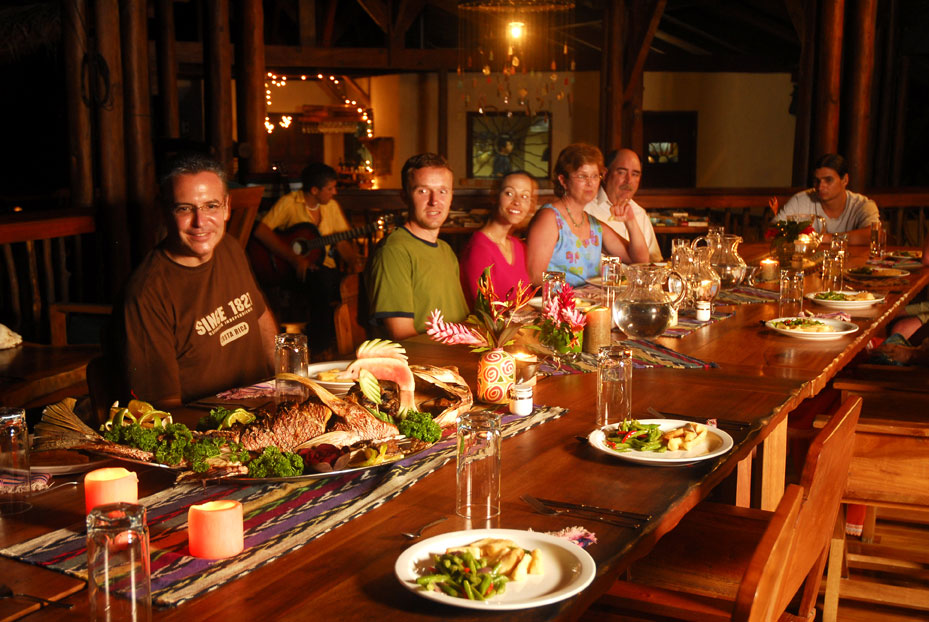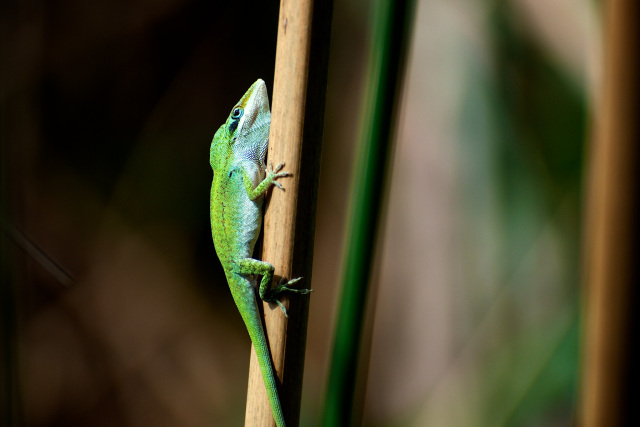 It’s one thing to boast about having some of the greatest biodiversity in Costa Rica – a country renowned for its legendary fantastic amount of plants and animals. It’s quite another to have plenty of scientific research to back up the claim.
It’s one thing to boast about having some of the greatest biodiversity in Costa Rica – a country renowned for its legendary fantastic amount of plants and animals. It’s quite another to have plenty of scientific research to back up the claim.
Not only is the rainforest in the Costa Rica Talamanca Mountains around Veragua Rainforest Eco-Adventure spectacularly abundant with biodiversity, to date 11 new animal species have been discovered by the Veragua scientific research team and 15 endangered species have been recorded living in the area.
“The rainforest around Veragua is spectacular!” said José Salazar Zúñiga, Research Coordinator of the Veragua Foundation for Rainforest Research. “We are one of the hotspots of biodiversity in Latin America.”
Salazar attributes the richness in plant and animal life to Veragua’s location in the Central Caribbean region in the Fila Matama and Fila Asunción mountains that lead into the Talamanca Mountain Range and the La Amistad International Park.
The Talamanca Mountain Range and La Amistad International Park are UNESCO World Heritage sites; La Amistad also is the first binational biosphere reserve, located in both Costa Rica and Panama.
The Veragua Foundation for Rainforest Research actively pursues scientific investigation to understand and protect the biodiversity of Costa Rica’s rainforests. Their studies take place in the 3,212-acre (1,300-hectare) private reserve of the Veragua Rainforest Eco-Adventure park and surrounding area.
Funded by donations and a portion of ticket sales from the Veragua Rainforest Eco-Adventure park, the Foundation operates two rainforest research laboratories staffed by full-time biologists and assistants who work in partnership with renowned academic institutions such as the University of Costa Rica, allowing them to publish their research findings with the world.
“The Veragua Foundation carries out research in a wonderful rainforest that is valuable to the planet and world citizens,” said Salazar.
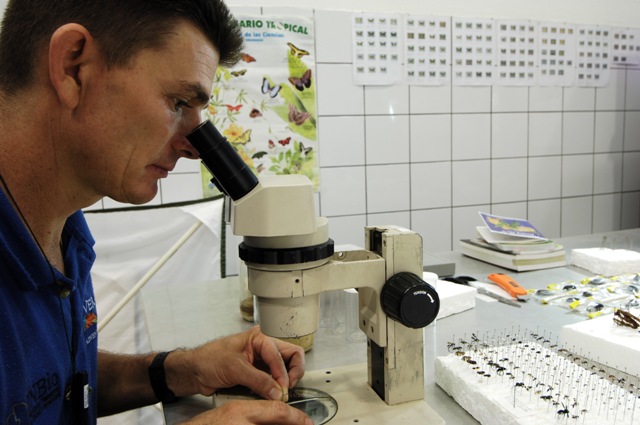
Veragua biologists are working in partnership on research projects with scientists from Sao Paulo, Brazil. One project involves freshwater crabs, and another a type of “harvestmen” or opilion that was discovered by Veragua biologist Andres Rojas.
Another area of significant research, said Salazar, is with rainforest frogs. Veragua is the most frog-diverse place in all of Costa Rica, with 54 distinct frog species. Salazar said he recently discovered a new frog species which will be revealed soon in a scientific paper to be published.
Two current scientific investigations involve endangered Tiger Frogs and Talamanca Glass Frogs. Salazar began the ongoing project with the rare Tiger Frogs four years ago, creating areas for the frogs to reproduce in the rainforest in trees. “It was incredibly successful with the population reproducing and growing,” he explained. “It turned into a laboratory in the forest.”
Contact the Veragua Foundation for Rainforest Research to find out more about their activities, help fund their scientific research, bring a student group to do hands-on projects, or to volunteer with their environmental efforts.
When you visit Veragua Rainforest Eco-Adventure, every tour stops at the laboratory for a short talk on the exciting research projects happening at Veragua and about the incredible diversity of flora and fauna found in the Costa Rica rainforest.
Veragua Rainforest Eco-Adventure
The nature and adventure park in Costa Rica’s Caribbean mountains is No. 1 of 18 things to do in Puerto Limon, Costa Rica. Veragua Rainforest Eco-Adventure is a top shore excursion in Limon, Costa Rica for cruise ship passengers.
Open Tuesday to Sunday (and cruise ship Mondays), from 8:00 a.m. to 3:00 p.m. Entrance is free for children under 4 years old. Tours start every hour on the hour; the last tour begins at 3:00 p.m.
Article by Shannon Farley



